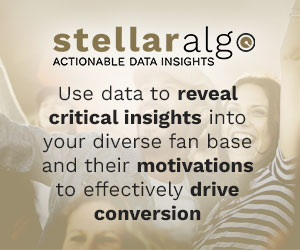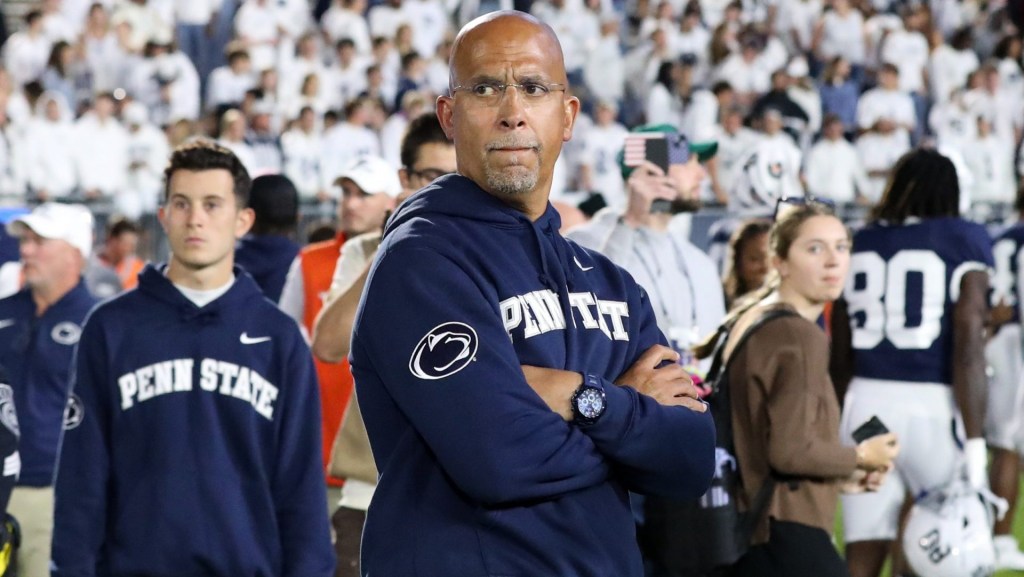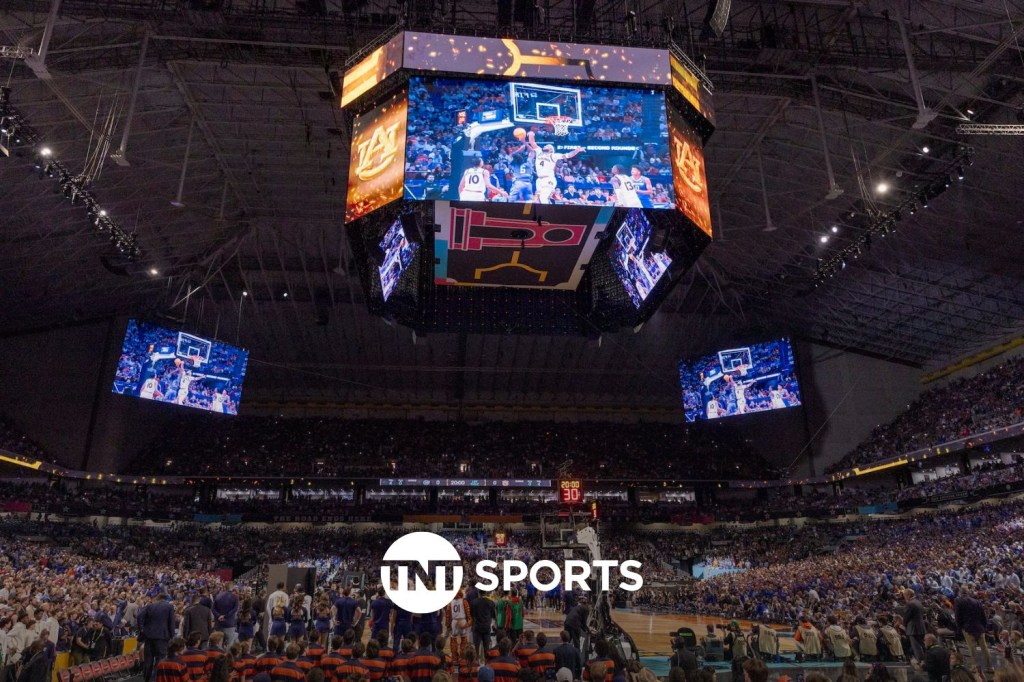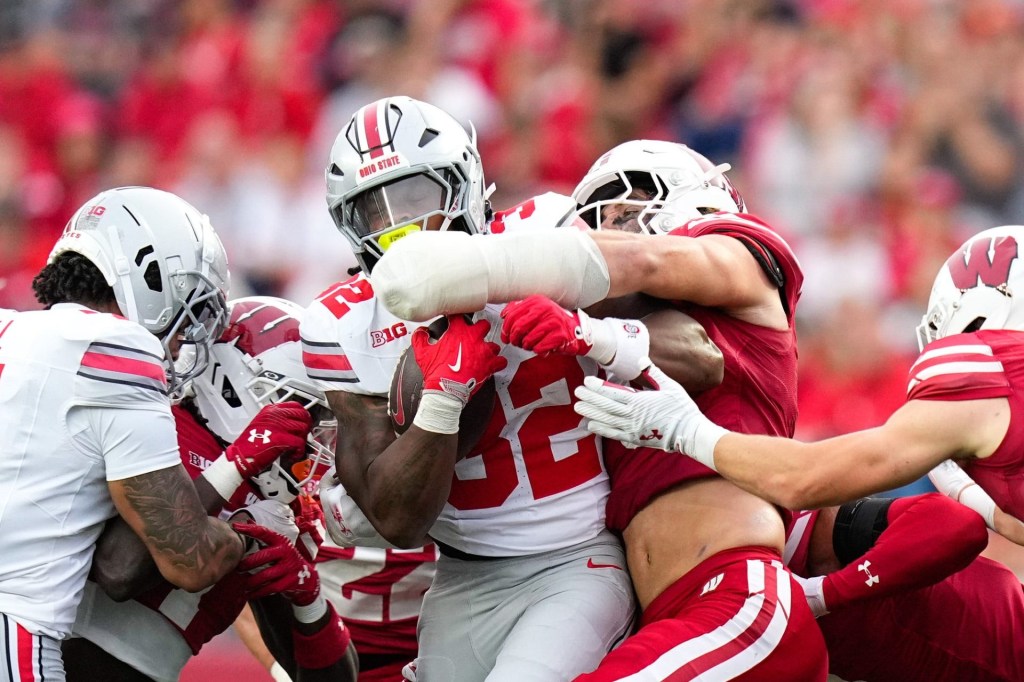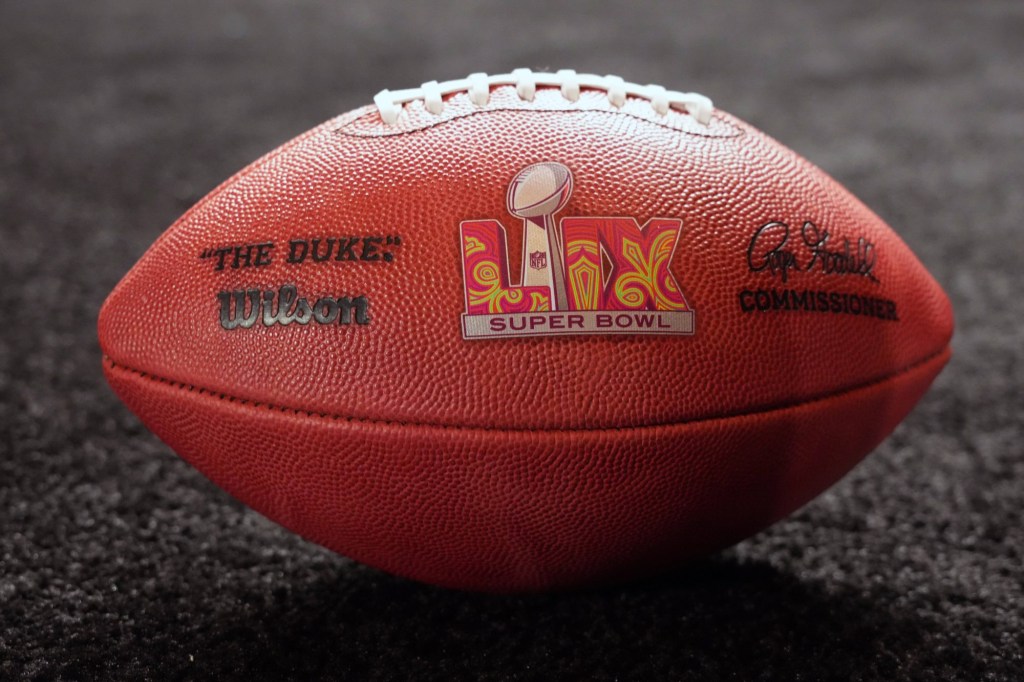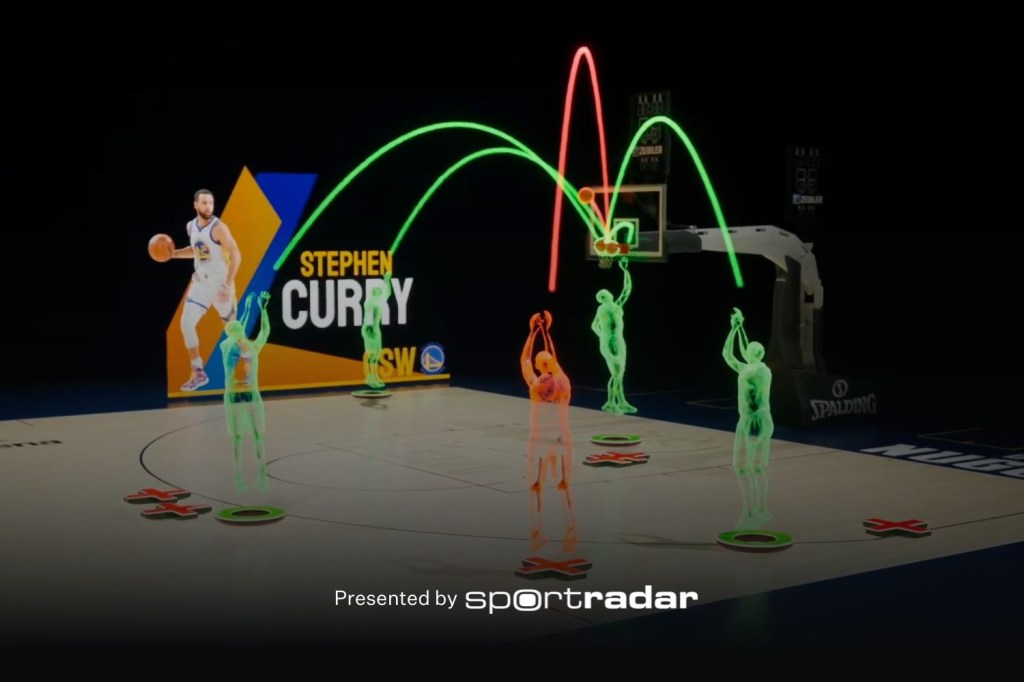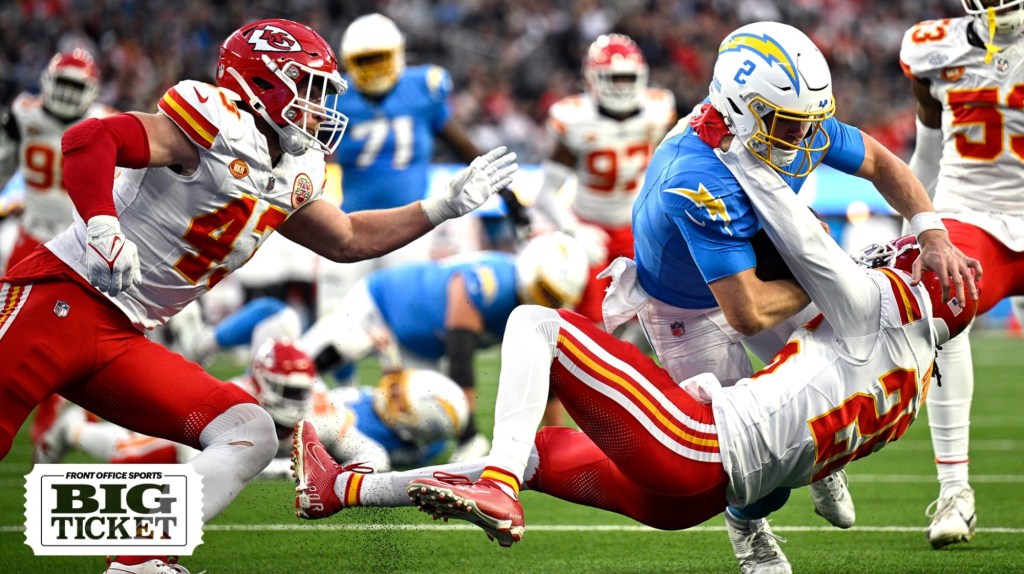The last several months have put the majority of sports teams in a strange position. Many are unable to host fans and will be working at a limited capacity for an undetermined amount of time. In response to this, teams have doubled down on their investments in customer data technology, as the traditional approach to understanding fans (based on ticketing data) does not currently represent their audience. With many fans limited to absorbing sports purely through digital channels now, strategies need to be adjusted.
“Fans are becoming more digital-first,” Vince Ircandia, founder and CEO of StellarAlgo told Front Office Sports. “They were already interacting via digital channels, but now are doing so at rates that we’ve never seen before. As a result, teams are definitely thinking about how they position themselves to be able to activate their entire platforms in the months ahead.”
While the sports industry, particularly marketing and fan engagement personnel, has been hit hard by the effects of the pandemic, there is still a strong and growing commitment to better connecting with fans. It’s one of the reasons that StellarAlgo is experiencing an increased number of teams relying on their customer data platform for answers and their Customer Success experts for guidance on how to engage in the months ahead.
“Understanding your audiences is becoming more important than ever,” Ircandia stated. “We’re optimistic and we’re hopeful for all of our partners that they’re going to be able to have fans in the stands sooner than later. We’re investing together now to make sure they’re ready to keep fans engaged and then convert them as we come out of this.”
While data has proliferated over the last 10 years, many teams and sports professionals operate based on what they’ve seen from their fan base in the past. The problem is that many of those data points captured are now less relevant or completely obsolete. Being able to bridge that divide by interpreting digital engagement data can allow properties to better predict fan preferences while adopting a more automated and digital first fan engagement capability.
“Teams come to us and say they are activating their digital channels, but they’re still not a digital-first company overall,” Ircandia says of new challenges StellarAlgo partners are facing. “We know that we need more automation than we’ve ever had before. We know we need to better understand and nurture these customers better than we have before. You need to bring together data points so that you get a better view of your fan across the entire ecosystem.”
One major change Ircandia believes that sports teams will have to get used to is a larger disbursement in fan avidity. While all teams strive to have a high rate of avid fans, it’s the more casual fans that can be a significant source of new revenue for teams.
“Coming out of the pandemic, there’s folks that will have a lot of other factors influencing their lives and decisions, so they might not be quite as engaged,” Ircandia remarked. “We’re working hard to help interpret and understand who those people are. So we find the right strategies to engage. When you start to segment based on engagement and affinity you can start to understand how efforts are working with these different groups of fans. In this environmentI think it’s really important to get ahead of understanding how fans are feeling.”
Because of what sports have been through in 2020, it makes sense to continue investing in the capabilities of customer data technology. The ability to connect customer touch points across systems and time to make predictive insights accessible and actionable for marketing, sales, service, and analytics personnel is critical as the need for data-driven decision making soars. Further, understanding revenue generated from these campaigns and vital attributes contributing to conversion have become must-haves for organizations navigating the current realities of the industry. StellarAlgo has been a leader in helping teams harness the power of their fan data to drive results for a number of years, and has doubled down its effort to make it even easier for their partners to activate fans through digital channels.
“We’re not charging teams for this, but we went and we pulled in census level demographic data for all U.S. zip codes and Canadian postal codes. We started bringing in things like income, age, and generation data so that we can better understand where fans might be most impacted by economic circumstances. We pulled e-commerce data in for 21 teams that we weren’t already pulling e-commerce data for. We’re automating new data because it’s now becoming highly relevant to predicting fan behavior. We’ve also been really aggressive about developing features and functionality that really allow our teams to understand their fans in more detailed ways.”
As the sports industry continues to move forward, Ircandia noted he takes a tremendous amount of pride in the service that the StellarAlgo team continues to provide to their partners.
“I’m most proud of the way that our staff has responded. I think it speaks to the industry as a whole, but this industry is extremely resilient. I think the people that make it go are really passionate and I have absolutely seen that from our staff.”

